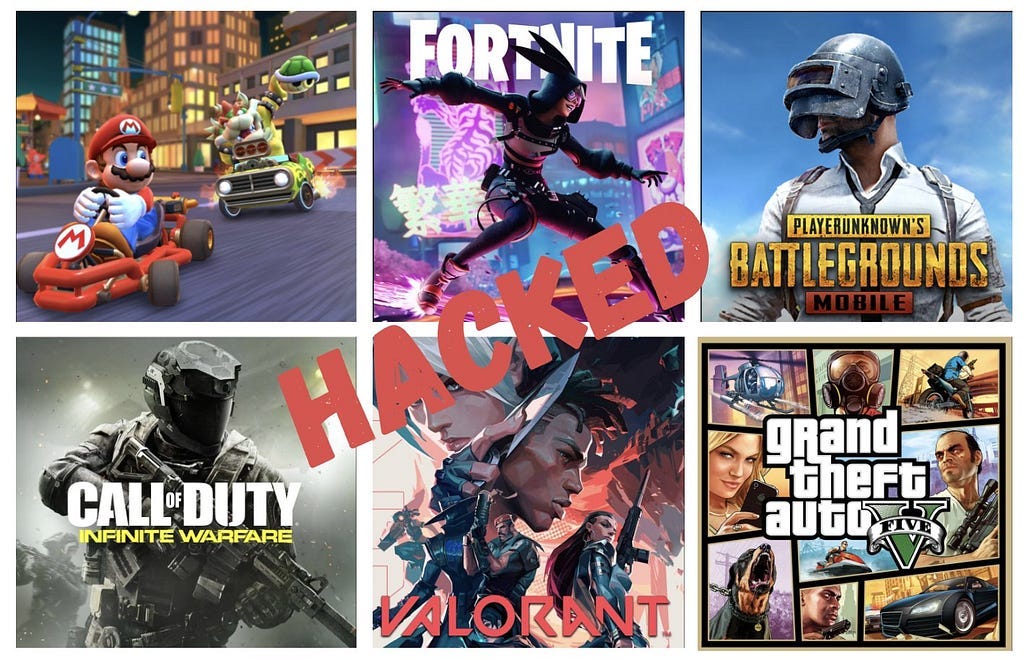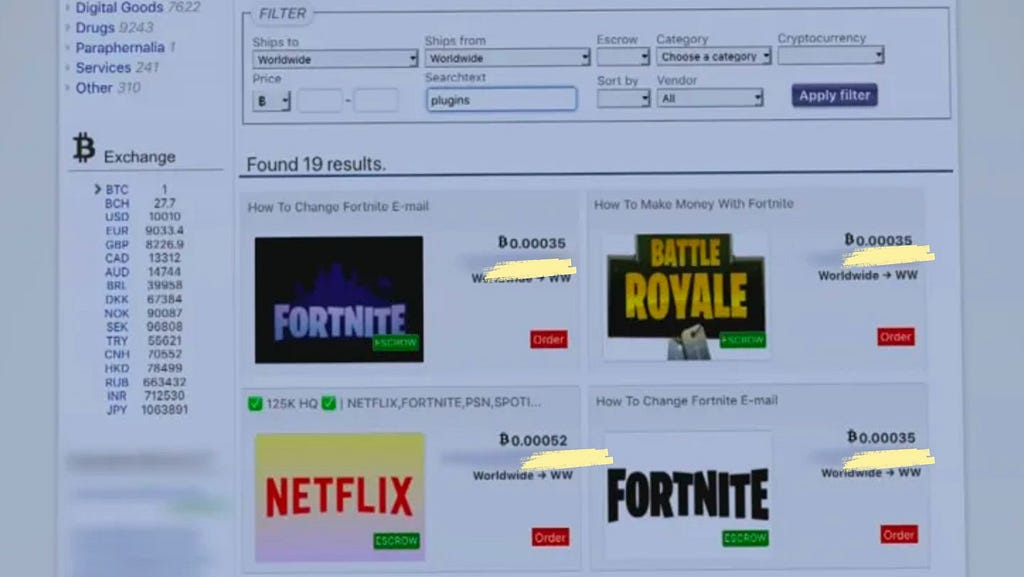FomoCatchers: Living the Future & Droppin’ Insights via Threads
Are you ready to explore the exciting world of web3 gaming and gain valuable insights and analysis? Look no further than FomoCatchers! As skilled content creators and writers with a passion for gaming, they provide a wealth of knowledge and expertise on various projects and trends in the web3 space. Through their Twitter threads, they offer readers a unique perspective and deep dive into this rapidly-evolving industry.
And now, I’m excited to bring their Twitter threads to a broader audience through this blog format. I will be writing five blogs with their most insightful threads, covering everything from the latest developments in web3 gaming to valuable tips and strategies for gamers and investors alike.
So get comfortable, grab your favorite drink, and join us as we explore the world of web3 gaming together!
Today´s blog is based on a thread from April 29th, 2023.
Online gaming has become a huge industry, with millions of people around the world logging in to play their favorite games every day. However, the problem of cheating has plagued the gaming industry for years, and it’s one that traditional Web2 games have been unable to solve. Fortunately, Web3 gaming has the solution.
In a recent survey by Irdeto, it was found that 60% of online games were negatively impacted by cheaters, and 77% of players said they stop playing if competitors cheat. This is a significant problem, as many Web3 gamers are expected to make a living off these games. Cheats are easily available online, and many players use them to gain an unfair advantage.
Web3 gaming aims to solve this problem through decentralization, consensus, and a cross-chain reputation protocol, QuestGG. This system allows gamers to earn reputation, achievements, and rewards based on their in-game progress, which is tracked on their personal SBT called Quest ID. Gamers can claim achievements and badges based on their on-chain history, which helps game developers reward select players with early access to games, access to allowlists, gated content/tournaments, and much more.
This system helps to eliminate fake farmers that make hundreds of fake accounts, as players must earn their Quest ID reputation through genuine playing hours of Web3 games. This reputation cannot be farmed, and players are encouraged to play honestly to build it up.
Cheating in Web3 games is also much more difficult due to the trust in consensus. If a player is using cheats, other players can report them using ggPeers. If enough people report the player, they will get marked negatively, and their reputation will suffer. Players who report cheaters are rewarded with in-game assets, airdrops, and possibly even gg tokens.
Players with good reputations will play with and against other reputable players, while bad actors will be stuck playing against each other. This system helps to reverse the game, with cheaters cheating their way to hell and staying stuck forever.
In conclusion, Web3 gaming offers a solution to the problem of cheating in online gaming. By using decentralization, consensus, and a cross-chain reputation protocol, Web3 games can reward honest players while punishing cheaters. This system helps to ensure the sustainability of Web3 gaming, allowing players to make a living out of these fun games while playing fairly and honestly.
Follow FomoCatchers for more content on web3 gaming.
This summary is sponsored by Blockstars. Blockstars is building a Free to Play Mobile Music Management Simulation.
FomoCatchers: Living the Future & Droppin’ Insights via Threads was originally published in gam3on on Medium, where people are continuing the conversation by highlighting and responding to this story.




